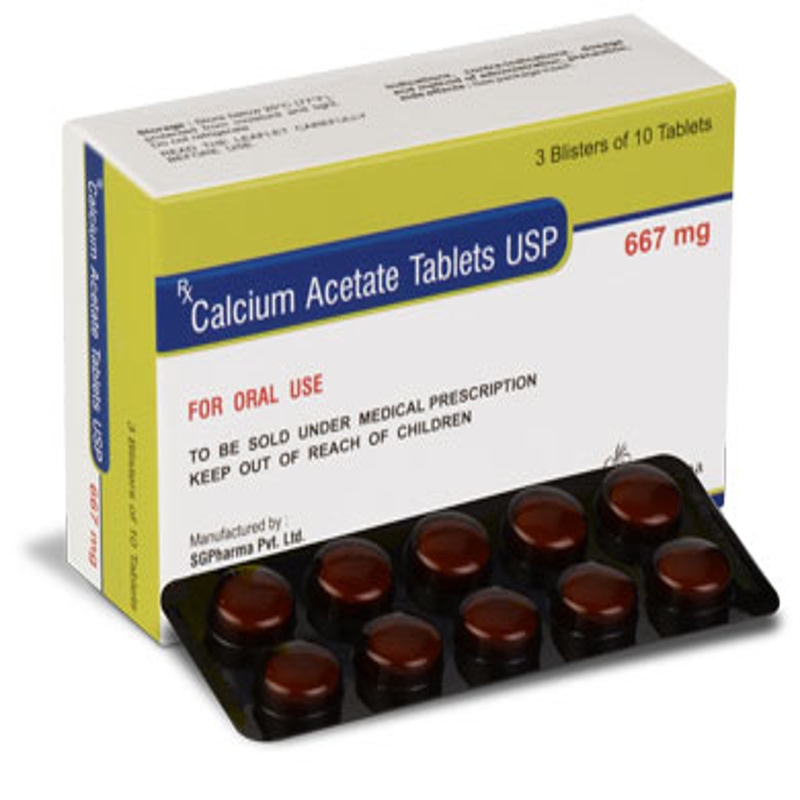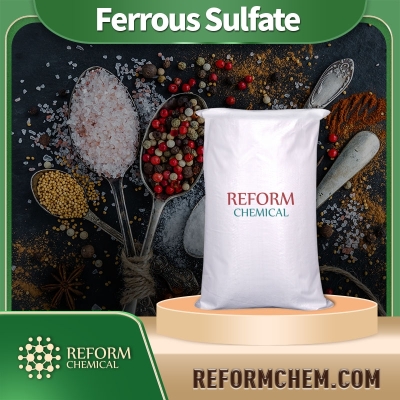Blood: The molecular mechanism of RUNX1 methylation disorder induced leukemia
-
Last Update: 2020-07-12
-
Source: Internet
-
Author: User
Search more information of high quality chemicals, good prices and reliable suppliers, visit
www.echemi.com
RUNX1 is the most common mutant gene in human leukemia, and loss or dominant negative inhibition of RUNX1 function is found in myelogenic hyperplasia syndrome and acute myeloid leukemia (AML)However, it is not clear how RUNX1's transtranscripts and post-resoragestmodification (PTM) affect its internal function, and whether RUNX1's PTM disorder can induce leukemiaresearchers sequenced the family lineage of three a disfamilies of a family member and discovered a new RUNX1 mutation, R237KThe R237 residue is a methylation site with PRMT1 catalyzed, where methylation loss has been reported to affect the transcriptional activity of RUNX1 in vitroTo explore the biological significance of RUNX1 methylation in the body, the researchers used RUNX1 R233K/R237K double-mutant mice, both of which mutated the arginine into lysine, causing RUNX1 not to be methylatedThe genetic ablation of RUNX1 methylation causes the resting state of hematopoieticstem cells(HSCs) to disappear into amplification state, and causes the epigenetic characteristics of HSCs to change to a balanced progenitor stateIn addition, in HSCs, RUNX1 R233/R237 methylation deficiency inhibits the endostolistal network stress-induced unfolded protein reaction genes (including Atf4, Ddit3 and Gadd34) and the radiation-induced p53 downstream gene (Bbc3, Pmaip1 and Cdkna), as well as subsequent apoptosisIn terms of mechanisms, the researchers found that ATF4 is a direct transcription target for RUNX1in short, this study shows that in HSC, RUNX1 methylation defects give HSC resistance to apoptosis under stress conditions and survival advantages, which is a sign of pre-leukemia cloning, which may make affected individuals susceptible to leukemiaThis study helps us better understand the mechanisms by which PTM disorders cause leukemia
This article is an English version of an article which is originally in the Chinese language on echemi.com and is provided for information purposes only.
This website makes no representation or warranty of any kind, either expressed or implied, as to the accuracy, completeness ownership or reliability of
the article or any translations thereof. If you have any concerns or complaints relating to the article, please send an email, providing a detailed
description of the concern or complaint, to
service@echemi.com. A staff member will contact you within 5 working days. Once verified, infringing content
will be removed immediately.







